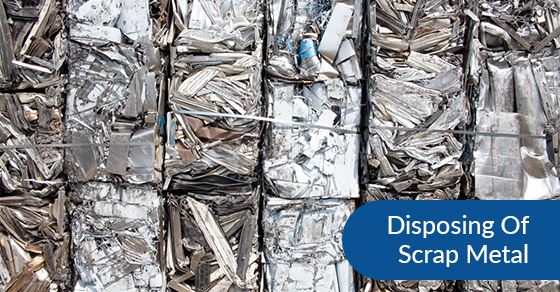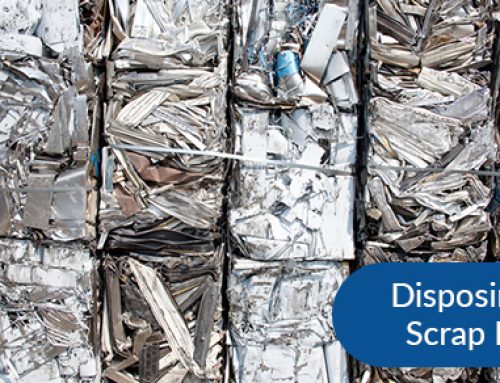If you have been purging your surroundings of items you no longer have any use for, including things that have been mounting up in outdoor areas, chances are you’ve come across some scrap metal pieces you might not know what to do with.
The burgeoning popularity of scrap metal collection is fuelled by environmental issues and the waste policies of various regions. There are several reasons why scrap metal should be recycled—the chief way to effectively dispose of it.
Recycling:
- Conserves natural resources. Iron ore is one of this country’s most abundant natural resources. However, its extraction and refinement weighs heavily on the environment. Scrap metal recycling cuts down on the environmental footprint we leave due to iron ore mining.
- Keeps items out of landfills. These items can leach harmful chemicals into the soil and groundwater that are hazardous for humans and animals alike. Scrap metals also have a snail-like rate of decomposition.
- Supports local economies. Recycling supports recycling operators, processing companies and local industry.
Sell It
There are many companies that will come and haul away your scrap metal, leaving you with some cash in your pocket. In turn, you’re helping a local business and benefiting the environment. It’s a win-win situation. Below are some tips to get the best return for your scrap metal.
- Make sure it’s clean. If it’s just been sitting around outside, it could be covered with bacteria or contaminants. If the metal is coated with oils or fluids, leave the cleaning to the pros, who will make sure nothing harmful gets into the environment in a way it might do harm.
- Separate metals. Scrap metal should be separated into non-ferrous and ferrous piles. There should be piles for aluminum, copper, steel, etc. It makes everything easier to identify for pick-up.
- Consider self-delivery. If you have the means to safely bring your scrap metal to scrap metal yards, do so. It will save you money.
Safety First
There are a few things you should have on hand to recycle scrap metal properly and safely.
- A magnet. It will help identify ferrous and non-ferrous metals.
- A hammer and screwdriver. Some things may require the removal of plastic. Doing this yourself makes the recycling process easier.
- Gloves. They are essential to wear when handling and separating scrap metal.
- Rope. If you’re hauling scrap metal yourself, it should be secured on your vehicle with ropes.




